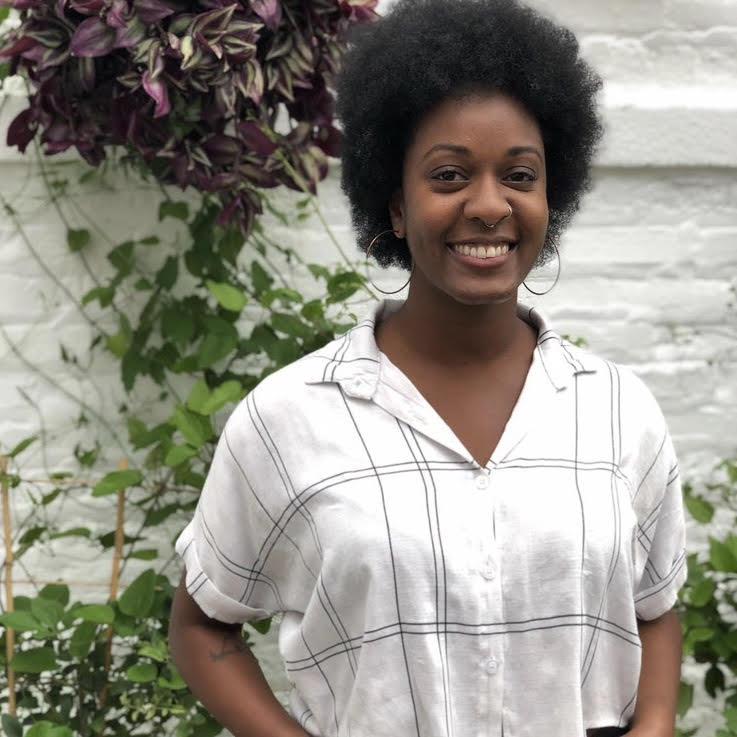
Bweza Itaagi was a Puksta scholar during her last two years at the University of Denver (2012-2014). Her Puksta project focused on food access, urban agriculture, and food justice in the Denver area. She began the Puksta program after spending a quarter studying public health and development in Senegal, West Africa in the fall of 2012. In Senegal, she learned from health officials, professors, and farmers that food access is a pressing issue in global public health. Upon returning to Denver and planning out her Puksta project, she began to research more about how barriers to accessing healthy and affordable food impacted a large number of Denver residents as well. Through Puksta she was able to connect with Denver leaders who were committed to growing fresh food in the city for the residents who needed it most. As a result, she was hired by the GrowHaus for the summer of 2013 to co-lead a program for Denver high school students. In the program she taught classes focused on personal nutrition, urban agriculture, and community activism.
The Puksta program was foundational in her career path post college. It was a catalyst for sparking her passion in addressing health through food. While developing her Puksta project, she realized that she wanted to focus her work and life on addressing food access issues through urban agriculture. She moved to Chicago in 2015 to pursue a master’s degree in Sustainable Urban Development from DePaul University. After finishing her master’s, she met with several organizations focused on urban agriculture, community empowerment and food justice and ultimately was hired by a non-profit organization called Grow Greater Englewood (GGE). GGE works with Englewood residents and developers to create profitable community owned farms to promote community health and economic development. In her role as the Sustainable Program Steward/Program Manager, she co-leads a network of Black, Brown and Indigenous urban farmers on the south and southwest sides of Chicago. The network works as a collective to create and support initiatives that address inequities in Chicago’s food system.
Outside of her non-profit work, she owns a pop-up shop for houseplants and succulents called Ebimera Vines (follow them on Facebook and Instagram! – @ebimeravines). She grows plants and sells them at various events throughout the Chicago area. She also does plant installations, hosts workshops and leads demos on various topics related to growing indoor plants.
She is forever grateful to John, NiChel, and the Puksta Foundation for enabling her to pursue her passion for food justice work and urban agriculture. She appreciates their genuine kindness and commitment to all scholars even after graduation. Some advice she has for current scholars includes the following:
First, realize that your Puksta project can continue after you finish the program. View your project as a stepping-stone to something even greater. Second, you can always reach out to your Puksta family at any point in your professional life. John and NiChel are always available to give career advice or connect you with other Puksta alumni if you move to a new city. Third, feel free to contact me if you have any questions about my work or if you’re interested in learning more about urban farming!
The Puksta Scholars Program is always close to her heart and she is very thankful to have been a part of such a great program.
We’re so greatful to Bweza for taking the time to share her updates and reflections with us! If you’d like to be featured in a future Puksta Spotlight post, email Sarah Thomas at sthomas0519@gmail.com.



